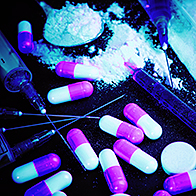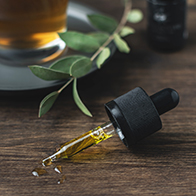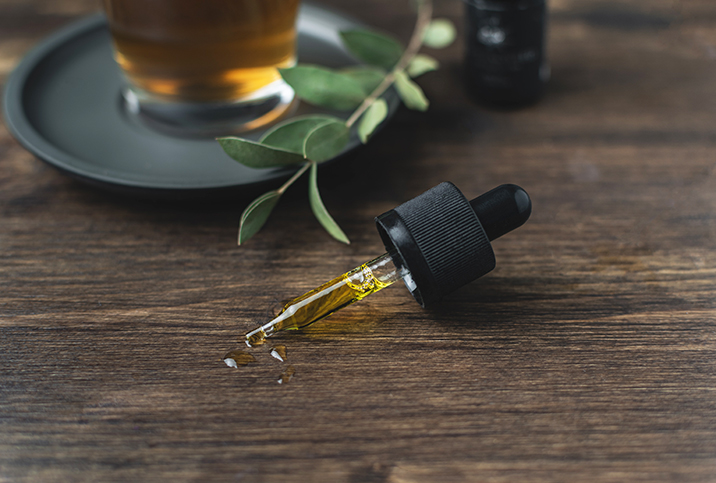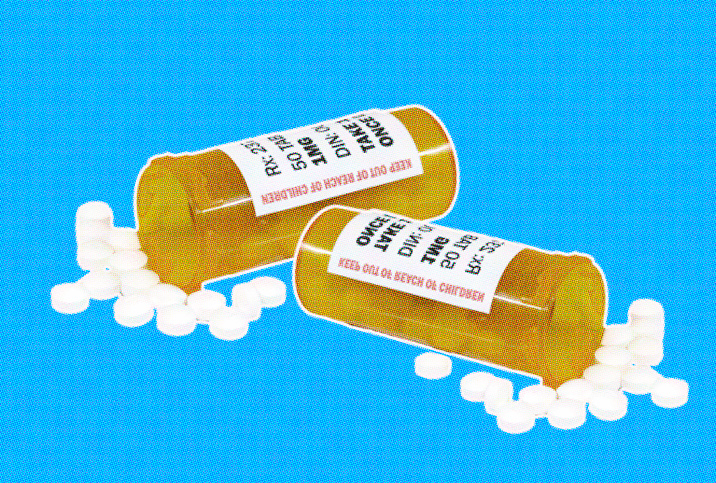Opioids, Addiction and Coping With Pain
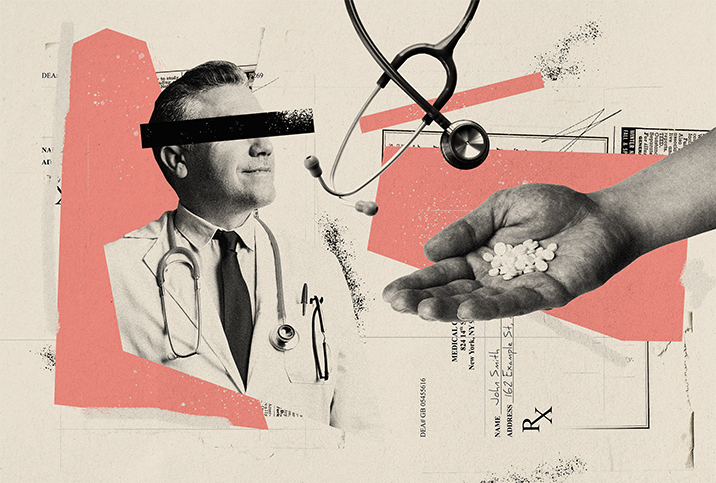
The U.S. Department of Health and Human Services declared a public health emergency in 2017, after decades of misuse of opioids and opioid-related deaths made it clear that immediate, national intervention was necessary to stem and reverse the costly effect opioid misuse had on the country at large.
Recent statistics from 2018 to 2019 indicate an increased awareness of the opioid issue—but also indicated deaths have continued unabated. Not to mention, deaths associated with synthetic opioids like fentanyl have increased dramatically.
Various government branches, public health officials and swaths of medical professionals nationwide are now attempting to minimize the danger wrought by opioid misuse in the U.S. But epic proportions of opioid-related deaths since the 1990s speak volumes to issues with prevalent health problems such as addiction, medication management and trauma recovery.
The larger scheme of addiction is important
"Let's put it this way, if you come from a healthy family, good foundation and you don't have a history of trauma, you don't have a history of addiction," said Karol Darsa, Psy. D., a licensed psychologist with 24 years' experience who specializes in trauma and owns a trauma treatment center in Los Angeles. "God forbid something happens and you have a car accident, and you really are in a tremendous amount of pain and you have to be given narcotics. Of course, you can use narcotics for a while and you can be off without a problem. It doesn't mean you'll be an addict automatically."
According to Darsa, people should consider background and deeper subtexts of their lives when evaluating risk, like having "addictive tendencies" or already being "not happy in life."
"I've met clients who said, 'When I was given that pain medication for the first time, not only did it take my physical pain away, I didn't feel the pain of the sexual abuse anymore,'" she added. "This was actually a client who, at age 13, had to have surgery and was put on narcotics. And she said that 'After that point, I started really exaggerating my pain levels,' because she was sexually abused as a kid and she said 'it really made me forget everything for the first time, finally.' Next thing you know, she was an adult and, yeah, she was an addict."
People should consider background and deeper subtexts of their lives when evaluating risk, like having 'addictive tendencies' or already being 'not happy in life.'
A parallel problem occurs when trauma is ignored or poorly coped with. Consequences can accumulate and impact a person's behavior and/or mental framework.
"Even before she came to us, her first treatment was of course in substance abuse [recovery]," Darsa said. "She went, and they had to help her to detox—which was painful but she did it—and then she relapsed again after a while because she never really dealt with the trauma underneath it."
Unfortunately, addiction can become an intoxicating catalyst for people with previously ignored issues. This frequently requires outside intervention to untangle.
"Eventually somebody said, 'Wait a minute, let's get some more history from you. What's going on here? What's making you come back to it?' And then she confessed she was having nightmares about her childhood [trauma]," Darsa said. Ultimately, that admission led to the client seeking trauma-centered treatment, which allowed for a more comprehensive recovery process.
Personalized care can be key
In order for a person to receive personalized care to any degree—that is, a type of medical treatment focusing on their most important needs and issues—that person has to be seen for who they are. Their identity must be treated with respect and dignity, not just by their medical provider but by themselves.
For people who identify as trans, queer or otherwise on the LGBTQIA+ spectrum, this recognition of identity can be difficult to acquire.
"Certain shifts are happening in the world of substance use recovery for the better, but there are still important steps we need to see taken by-and-large to improve options available for all people," said Jaki Neering, LCSW, program director and a primary therapist for Inspire Recovery in West Palm Beach, Florida. Inspire Recovery is a multifaceted recovery treatment center, which places special emphasis on providing trauma-informed and identity-affirming treatment options to people who identify as trans, queer, non-binary or otherwise LGBTQIA+.
Neering added that shifting the focus of blame and shame is an important part of the work they do at Inspire.
"It's recognizing that—rather than asking what's wrong with the person, rather than what's wrong with these behaviors—it's all about what happened to this person," she said. "What happened that's facilitating these behaviors? It's really recognizing that they are survival skills, and it's just somebody's way of getting through life with as minimal pain as possible."
Instead of viewing substance use or abuse as inherently indicative of fundamental flaws in a person's identity or character, the act is treated as a symptomatic illness, or byproduct stemming from other abuses or harmful experiences.
"I would say most people [I see] have been in treatment before," Neering explained. "In many instances, the focus of certain treatments can be misaligned with the root causes of a person's substance abuse problems. At the very least, it's fair to say that certain recovery methods are just not designed or equipped to facilitate treatment in as many broad capacities as they should be implemented in. At Inspire Recovery, the focus is on filling a gap in available treatment options for people from underserved communities."
Hiding an addiction can be deadly
Opioid addiction has been in the headlines for most of the past decade, and addiction in general many years before that. Thus, it may seem natural to feel a sense of embarrassment, regret or guilt about relying on certain painkillers, pills or other habit-forming substances to ease any kind of suffering. However, this is a natural response to experiencing pain: To try and abate the sensation in order to carry on and heal.
Addiction is nothing to be ashamed of. With opioids and other addictive substances readily available with a simple white lie or exaggeration to a doctor, these drugs can easily and quickly become part of a problem hidden in plain sight. And when you factor in the possibility of untreated or unacknowledged traumas, results can prove fatal.
If chemical dependence or overuse of prescription medications is a problem in your life or the life of someone you care about, appropriate intervention is paramount. One step is to call the Substance Abuse and Mental Health Services Administration national hotline at 1-800-662-HELP. The helpline is free, confidential and available 24/7, 365 days per year.







